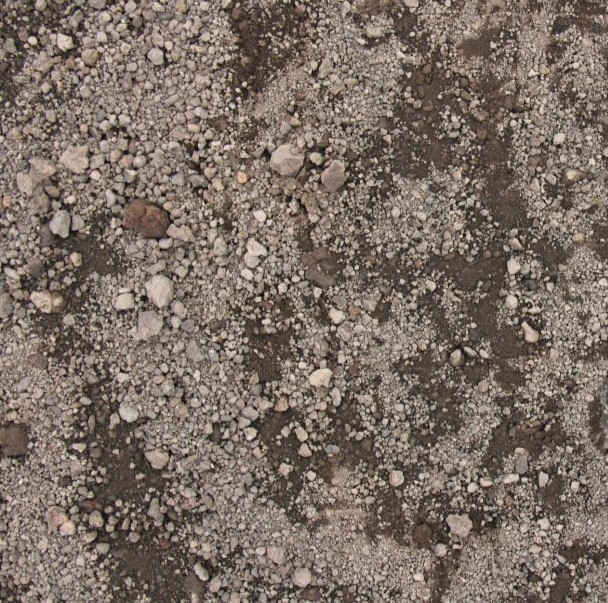
Chalky soil, known for its alkaline pH and distinctive properties, is a fascinating soil type that significantly influences plant growth and gardening practices. In this blog, we will unravel the secrets of chalky soil, exploring its defining characteristics, how it forms, and the implications for gardening and plant selection.
What is Chalky Soil?
Chalky soil, also referred to as alkaline soil, is characterized by its high pH level, typically above 7.5, and its alkaline nature. It derives its name from its composition, which includes calcium carbonate, often sourced from limestone or chalk rock formations. This unique geological origin shapes the soil’s physical and chemical properties.
Characteristics of Chalky Soil
- Alkaline pH: Chalky soil has a pH level above 7.5, which affects nutrient availability to plants. This alkalinity can influence plant growth and certain soil processes.
- Calcium-Rich: The presence of calcium carbonate in chalky soil contributes to its alkalinity. This mineral enriches the soil but can also affect nutrient uptake by plants.
- Good Drainage: Chalky soil tends to be well-drained due to its coarse texture and porous nature. This can be beneficial in wet climates but may require additional watering during dry periods.
- Pale Color: Chalky soils often have a light, pale color due to their mineral composition, making them visually distinct from other soil types.
- Stony Texture: It is common for chalky soil to contain small stones or gravel, which affects soil structure and root growth. This stony texture can also contribute to good drainage.
Formation of Chalky Soil
Chalky soil forms through a geological process involving the weathering and erosion of limestone or chalk rock formations over long periods. Here’s how it typically forms:
- Limestone and Chalk Deposits: These rock formations are composed mainly of calcium carbonate (CaCO3).
- Weathering and Erosion: Over time, natural processes such as wind, water, and chemical reactions break down these rocks into smaller particles.
- Soil Development: The weathered particles mix with organic matter and other minerals to form chalky soil, characterized by its alkaline pH and calcium-rich content.
Conclusion
Chalky soil, with its alkaline pH and unique properties, plays a crucial role in shaping ecosystems and influencing plant diversity. By understanding its characteristics, formation process, and implications for gardening, you can make informed decisions when cultivating plants in chalky soil. Embrace the challenge of gardening in alkaline conditions and explore the array of plants that thrive in this distinctive soil type. With careful planning and proper care, your chalky soil garden can flourish, showcasing the resilience and adaptability of plants in diverse environments.



